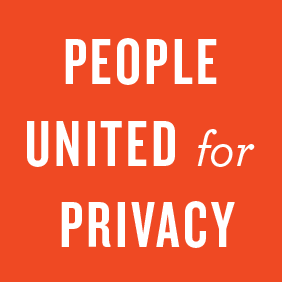The right to give – even anonymous gifts – to charitable causes and organizations is a well-established right in the United States. Since the Supreme Court decided the famous Alabama v. NAACP case in 1958, courts have recognized a First Amendment right of Americans to associate — and donate — to organizations anonymously.
That right has come under attack recently, as Cancel Culture tries to cut off funding for opponents to their agenda. From CEOs to blue-collar workers, we have seen more than a few examples of people having their lives turned upside down because they supported a cause they believed in — and their name was made public.
The First Amendment provides broad protection of free speech and free association, and includes an individual’s right to associate, even anonymously, with organizations. The 1958 Supreme Court case NAACP v. Alabama confirmed that this right is paramount, and establishes that government may not demand to see member lists.
Imagine if pro-life donors were required to have their names given over to the government of California? Or imagine if donors to pro-Second Amendment organizations were forced to provide their names and donation history to the state of New York, a state that has demonstrated hostility to the Second Amendment?
The First Amendment protects both the right to free speech (and financial contributions have long been recognized as a protected form of speech) and the right to associate freely with political, charitable, and religious organizations.
Key Resources
People United for Privacy
People United for Privacy believes every American has the right to support causes they believe in without fear of harassment or intimidation.

